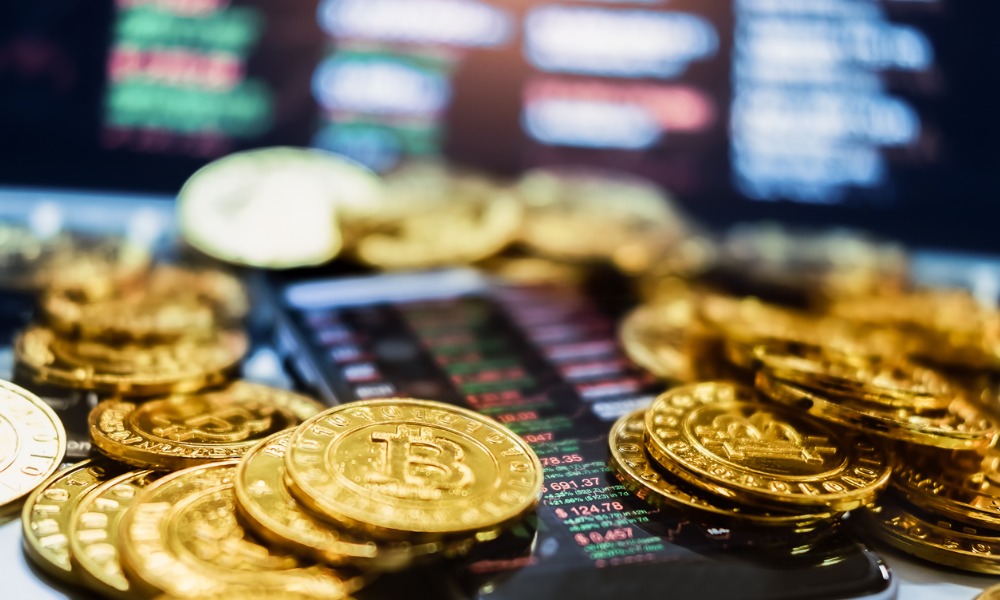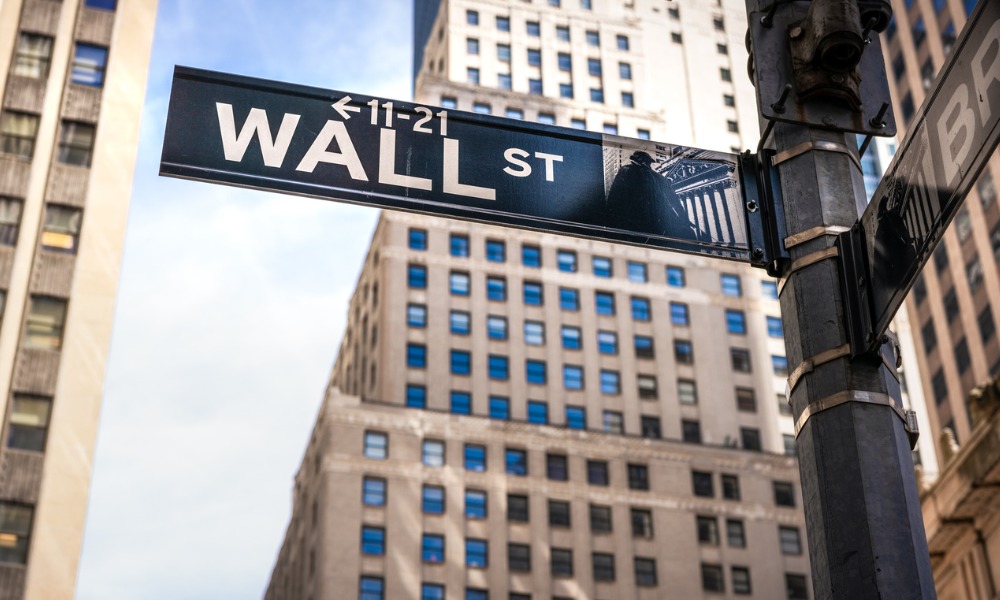After digital currency's recent surge, CEO says HNW investors are using it as a store of wealth

COVID-19 could prove a watershed moment for Bitcoin as high-net-worth individuals seek to hedge against extraordinary fiscal stimulus programs, according to a cryptocurrency fund manager.
Before yesterday's sell-off, which saw Bitcoin drop 8%, the currency was on a tear and poised to touch its record highs of around CA$26,000 in a surge that had skeptics shaking their heads more fervently than normal. Fred Pye, President and CEO of 3iQ Corp, is not one of them and believes the pandemic is cementing the digital currency as a store of wealth.
He told WP that while some investors buy Bitcoin because they understand the technology and trust the “most powerful, secure computer network in the world”, others are purchasing Bitcoin as a hedge.
He said: “The unbelievable amount of global liquidity that was created because of COVID possibly doesn't end well. All the wealthiest people in the world have no choice but to consider some kind of hedge against what happens when the taps get turned off because the more they open the taps, the harder the world falls when they turn them off.
“When you see some of the world's biggest and brightest money managers and companies protecting their balance sheets and protecting their net worth with Bitcoin, you can see where the demand comes from. It’s really now a digital global hedge against consistent money printing.”
3iQ manages more than $325 million in assets and launched The Bitcoin Fund in March, at the onset of COVID-19. Pye said there remains huge skepticism in the advisor community about the digital currency but that the numbers invested in his fund are growing as portfolio managers look to protect the long-term value of their HNW clients’ portfolios.
Many commentators are comparing Bitcoin to gold in the sense that the former is staking a claim to be the safe haven of choice. Pye said it shouldn’t be one or the other and that they are not perfectly correlated, even though they are both a scarce asset.
While gold is produced at about 4% every year, Bitcoin is getting more and more scarce. There is a finite amount; two years ago it was growing at 8% but three years from now it will grow at 2%.
“If you’re not willing to buy it at $10,000 this year, which was four weeks ago, you better be willing to buy it at $100,000 four years from now because that’s where it’s going to be.”
Importantly, 3iQ believes it’s vital – and in the best interest of all Canadians – if the premium on The Bitcoin Fund stays as close to value of the currency as possible. He explained: “Is it worth paying a 5% premium for my fund over buying Bitcoin itself? The answer is yes because it's easier, simpler and shows up in your brokerage account and you can put it in your TFSA or RRSP.
“Does it make sense to pay a 25% premium? I don't think so, so we have to work hard to keep issuing shares to make sure we can keep that premium at 5%.”
Originally envisioned as a peer-to-peer payment system that made the need for intermediaries redundant, Bitcoin’s role has now shifted. It’s increasingly seen as a portfolio investment to hedge against the “inevitable” devaluation of fiat currency.
Pye said: “A lot of people say, ‘I'm not going to buy Bitcoin until I can use it to buy a coffee at Starbucks’. The reality is I bought dinner for a bunch of friends in Italy five years ago and paid seven Bitcoin for it, which now equates to about $210,000. We should have had more fun!
“But the reality is you do not use something that’s a store of wealth as a currency. Money is going digital, but it'll be digital Canadian dollars, digital U.S. dollars. You’ll be able to buy things by circumventing the banks and everything else in the future but do not get it mixed up. Yes, Bitcoin can be a peer-to peer-currency but it’s not – it’s a store of wealth.



